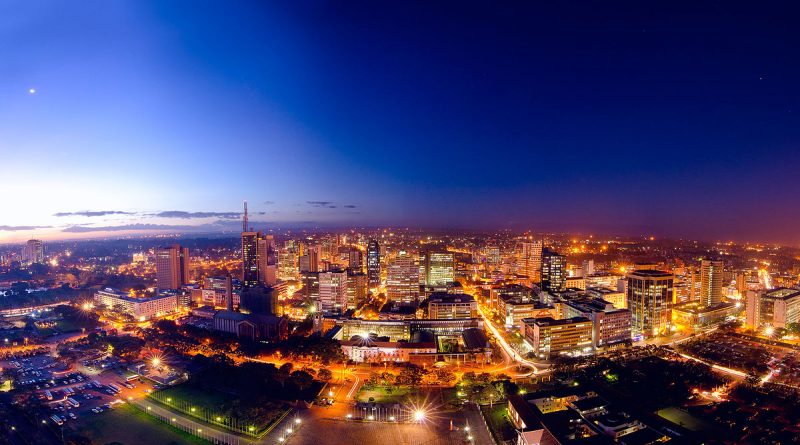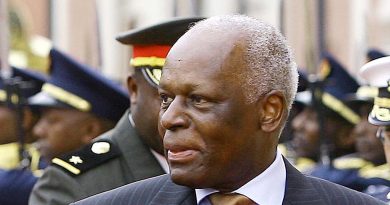Africa Slowing Down? And What about Democracy and Technology?
In a recent report, perhaps somewhat unexpectedly, the World Bank cut Sub-Saharan Africa’s projected rate of economic growth. One might see this as a contradiction, given the recent flurry of interest in investing in the continent. So what might be the problem?
It appears that the biggest economies in Africa, which have experienced somewhat impressive economic growth figures in the past have recently slowed down. This owes largely to the external factor of global economic uncertainty, but increasingly also to the domestic economic management burdened by increased foreign debt, deficits, and inflation rate. The 2015 commodity price decrease of which some key resources, such as oil, have not recovered is also an important factor for the slowdown for those states relying heavily on exports of such commodities.
The slowdown of Africa’s primary economic engines, Nigeria, South Africa, and Angola, which comprise roughly 60 percent of Sub-Saharan Africa’s total annual economic output, is largely behind the decreasing overall figures. What has been monitored closely is the relationship between the economic and population growth, which in terms of recent estimates has become increasingly preoccupying. In 2018, the rate of population increase in Sub-Saharan Africa again exceeded the level of economic growth.
This trend may have serious consequences in the long run because although the level of absolute poverty has been on the decrease, relative poverty appears to be on the rise. When wealth creation is slower than population growth, and when the level of economic inequality is rising, eradication of poverty as a whole becomes complicated and the concentration of wealth to the rich few may become increasingly unsustainable. While immensely economically unequal countries can be politically stable, they tend to be less democratic. Indeed, it is democratic political systems that more often than not correlate with a more equal distribution of wealth. This raises an obvious question of whether the increasing number of people living in relative poverty will result in a general trend of the persistence of authoritarian politics rather than deepening democracy in Sub-Saharan Africa.
In its recent report, the World Bank suggests again that the digital economy can truly unlock Africa’s economic potential.
However, this is a rather unrealistic expectation in the current situation in which access to digital means of communication continues to be low. In fact, it could be argued that the digital divide has persisted because the spread of the digital economy has not kept up with the population expansion. Many of the poor in Sub-Saharan Africa have not been brought onboard in harvesting the economic benefits of communications technology in part because the actual utility of some of its newest developments to the poor has so far been meager.
Many in Africa debate the need of democracy for economic development.
At least in some cases, centralized authoritarian political systems have produced impressive economic growth and rising living standards which supports the arguments of those promoting non-democratic or less democratic governance. However, if the objective is the improvement in terms of balanced and even economic growth, as well as seeking to minimize economic inequality, a democratic political system has proven to be a useful tool. Finally, successful technology adoption may be useful for a state running any political system, but it should be put to use in such a way that it creates balanced and inclusive economic opportunities and well-being.
For More Information:
Calderon, C., Kambou, G., Korman, V., Kubota, M., Cantu Canales, C. (2019). “Africa’s Pulse, No. 19, April 2019: An Analysis of Issues Shaping Africa’s Economic Future”. Washington, DC: World Bank.
Nairobi's financial district (Kenya) / foto by Nbi101 / CC BY-SA 4.0 The opinions expressed in this blog are solely the authors’ point of view and do not bind the Center for International Studies, its Director or any other researcher.
![]() This work is licensed under a Creative Commons Attribution-NonCommercial-ShareAlike 4.0 International License.
This work is licensed under a Creative Commons Attribution-NonCommercial-ShareAlike 4.0 International License.




